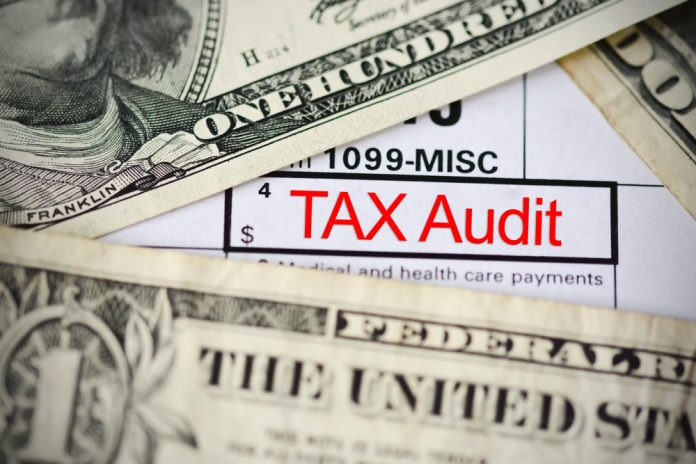Tax audits are a nightmare for most businesses. Having an auditor snooping around your finances induces anxiety. Moreover, the job of an auditor is to ensure you pay more taxes, so you can be sure they will be thorough at what they do.
The revenue agency in your country will audit your business if they notice red flags, such as if you have presented inaccurate or inconsistent documents. Tax law can be complex, and it may also cost you a lot of time and money. You can hire the expertise of a tax audit lawyer when preparing for an audit. A lawyer will advise you on how to be ready for the audit.
What increases your chances of being audited?
Tax auditors can select you randomly from a computer generation. Your chances of falling under an audit are high if your returns are significantly different from the norm. You are a likely candidate for a tax audit if you have many deductions of high-value items, you participated in too many charitable organizations with no solid proof of them, and you record unexplained high income.
Other reasons also include sudden income changes that are significantly different from the norm, income which is way lower than the average income in a particular profession, unreported income, and missing information or tax errors.
Know your rights during an audit
Tax audits can be the reason why your business will part with lots of money. To make it through a tax audit, you first need to know your rights. These include the right to professional treatment by the audit body, a right to confidentiality of your tax information, a right to know why you are undergoing an audit and why the audit body is asking for particular information, and a right to know how the audit body will use the tax information it has collected or examined.
If the IRS finds inconsistencies in your records after the audit and reports an audit error, you have a right to legal representation. You can appeal the decision within the IRS or before the courts.
If the auditor finds an error which was a result of an honest mistake when you were preparing your returns, you can write a letter explaining the error so that the IRS can consider dropping the tax penalty.
How to prepare for an audit
1. Know what the auditor is looking for
You will usually receive notification of an upcoming audit. You will be asked to provide specific information within 30 days, which you should. Make a list of what the auditor is asking for. The list may include the specific years of taxation in question and the records in question. If the audit body only needs a portion of the records, provide only those. Do not be too generous with information, lest you get yourself in trouble.
If you do not know what the IRS is digging for, ask. When the issue has to do with a tax credit or deduction, avail the necessary documents and keep the originals. Try to reconstruct any documents that you may not have. Organize all your documents in categories according to the tax items in question. Additionally, make ready the entire worksheet, detailing how you calculated the tax returns.
Ask how you should share the information with the auditor and do that within the required time.
2. Ask for an extension if you are too busy
If the auditor wants to carry out an on-site audit and you are not available, ask for a rescheduling. The auditor may move the date if the request is reasonable. You can use the extra time to get your records in order. Avoid an on-site audit as much as possible and consult a tax professional should you have an audit at your business location.
3. Review the results
Check the audit results and ask about any tax changes that you will expect. If you do not agree with the results, you can negotiate with the manager to reach a compromise, or you may have to appeal with the IRS or the court.
During an on-site audit, be professional and courteous and always be available when needed.
Find a Home-Based Business to Start-Up >>> Hundreds of Business Listings.
















































